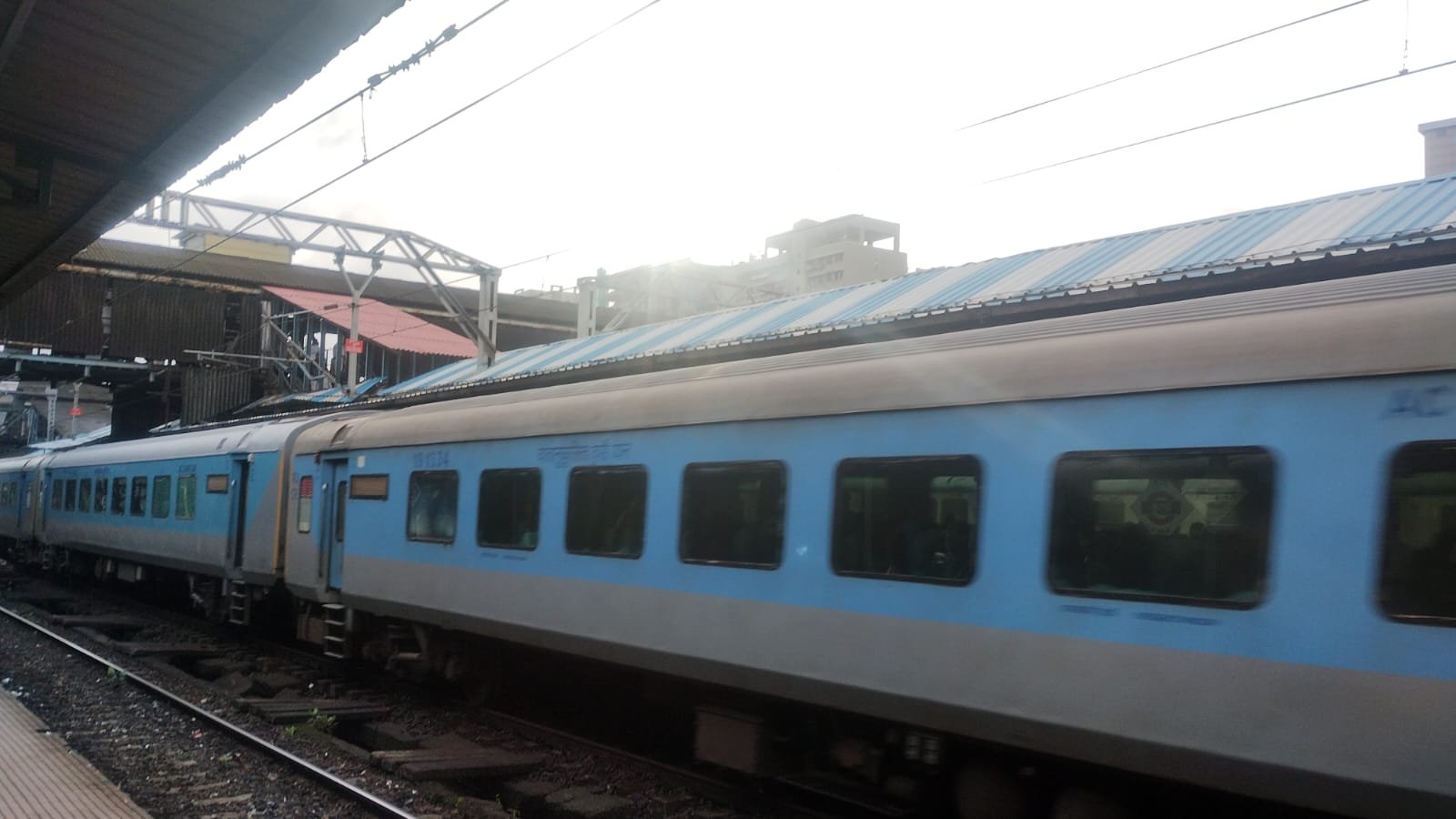The Central Railway administration’s recent attempt to implement a new duty roster has encountered significant opposition from railway unions, leading to a temporary halt in its adoption.
The proposed roster aimed to reduce total duty hours for train crews by 3 hours and 5 minutes per fortnight. However, it also sought to increase the average time train crews spend driving from the current 2 hours and 47 minutes to 3 hours and 7 minutes. Under the new plan, overall fortnightly duty hours would be cut from 89 hours and 45 minutes to 84 hours and 5 minutes. Despite the reduction in total hours, the increase in driving time has drawn sharp criticism from unions. They argue that the additional driving hours would impose undue stress on train crews and potentially compromise their well-being and safety.
A spokesperson from the Central Railway Mazdoor Union expressed strong objections to the proposal, stating, “Our protest has led the administration to pause the implementation of the new roster. The increased driving hours would exert excessive pressure on our members, which we believe is unacceptable.” The spokesperson further emphasised that roster schedules are typically formulated in collaboration with the duty committee, which includes union representatives. In response to the unions’ concerns, the Central Railway administration has agreed to revise the proposed roster following further consultations with the committee.
The new timetable was intended to optimise operational efficiency and ensure adequate rest periods for train crews, but the increased driving hours have sparked fears among some workers about potential reductions in overtime earnings. Sources suggest that while the revised model would have provided better rest periods, the adjustments in driving hours have raised apprehensions regarding the impact on crew earnings and job satisfaction. The ongoing discussions aim to balance the need for operational efficiency with the welfare of train crews, ensuring that any changes meet the concerns of all stakeholders involved.


